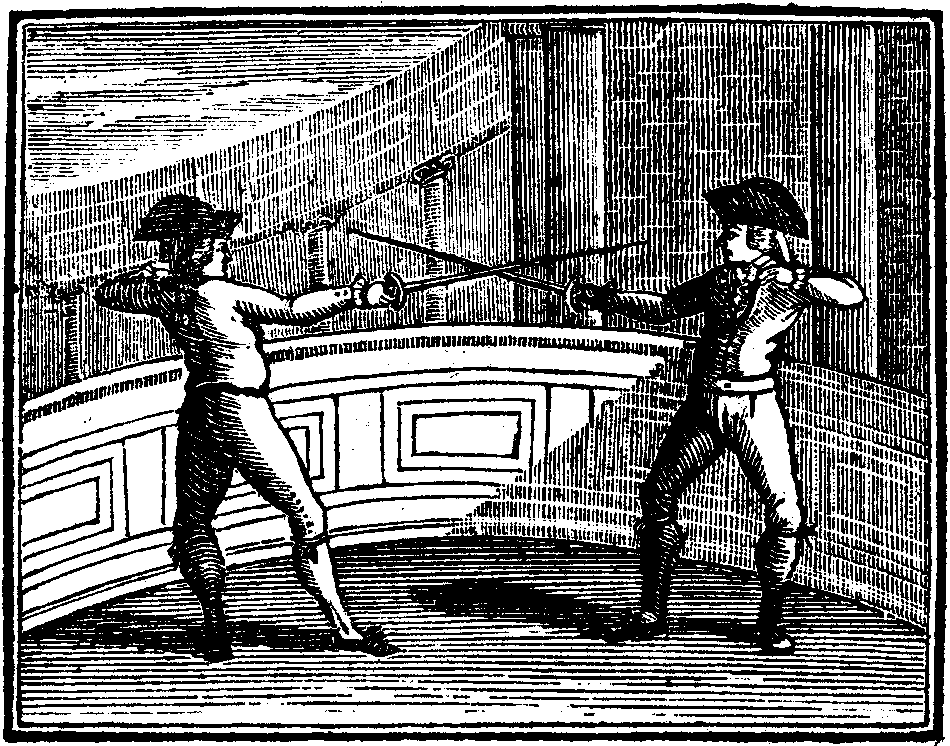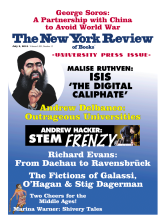In response to:
How Money Runs Our Politics from the June 4, 2015 issue

To the Editors:
Elizabeth Drew charges (referring to me) [NYR, June 4] that, “At first he called for a Constitutional Convention, which would be a disaster since it could lead to all sorts of other proposals.” This criticism makes a common mistake, caused by an imprecision in the term “constitutional convention.”
By “a convention,” as Gordon Wood describes, our framing generation meant “all sorts of meetings for quasi-public purposes.” But the nature of any particular convention turned on its purpose. Not every “convention” had the power to “alter or abolish” (as the Declaration of Independence put it) an existing constitution.
Some conventions could. Those are “constitutional conventions” in the jurisprudential sense. The “convention of 1787,” which crafted our own Constitution, was a “constitutional convention” in this sense. It was not convened pursuant to any clause in the Articles of Confederation, and indeed, was not even conceived by Congress. Those participating were engaging the constituent power of the nation; they had the “unalienable right” to “alter or abolish” the then existing Constitution. And indeed, they did alter that Constitution, by changing the rules by which modifications to that constitution would be ratified.
The “convention” spoken of in Article V is very different. First, the Constitution does not refer to it as a “constitutional convention.” Instead, it speaks of “a convention to propose amendments.” But the same clause makes explicit that those amendments are invalid unless “ratified by” three fourths of the states. The purpose of this convention is thus simply to make proposals.
Obviously, there is no “disaster,” as Drew puts it, if all the convention can do is make “proposals.” Three fourths is thirty-eight states; the vote of a single house in thirteen states (representing as little as 5 percent of the nation’s population) could block any amendment. That is as strong a check against “disaster” as any in our Constitution.
Likewise, obviously, it would be a “disaster” if such a body, on its own, could modify the Constitution, or even (as the framing convention did) the rules for amending the Constitution. But if the English language has meaning, that is not what a “convention” pursuant to Article V can do. Its only power is the power “to propose.”
We should all perhaps adopt this convention to avoid the confusion about the meaning of the Constitution’s “convention” clause: what the Constitution establishes is the power of the states to force Congress to convene “a Proposing Convention.” The Constitution does not give anyone the power to convene “a Constitutional Convention.”
Lawrence Lessig
Roy L. Furman Professor of Law and Leadership
Harvard Law School
Cambridge, Massachusetts
Elizabeth Drew replies:
It never crossed my mind that Mr. Lessig was proposing a convention that would be free to revise the Constitution wherever it wanted. In the context in which I wrote what I did, it was clear that the convention Mr. Lessig was championing would be about amendments to the Constitution, which I consider no less dangerous.
I learned in seventh grade that amendments to the Constitution have to be ratified by the states. The obvious danger is that a certain mood would sweep the country to amend the Constitution by, say, banning all abortions, lowering the wall between church and state, or taking the ambiguity out of the Second Amendment so as to make it clear that guns could be purchased without exception. Therefore it would be foolhardy in not just my opinion but that of others who are also serious about campaign finance reform, to encourage, enable, set a precedent for mitigating the protections now provided by the Constitution and Bill of Rights.
This also applies to proposals to open up the First Amendment to deal with Citizens United; as my article points out, there are other ways to get at that—as well as other shortcomings such as impingements on the right to vote—without risking the freedoms and protections that we now enjoy.



